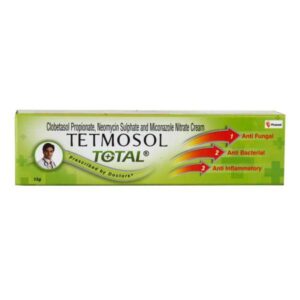TETRAETHYLTHIURAM MONOSULPHIDE
TETRAETHYLTHIURAM MONOSULPHIDE: Tetraethylthiuram monosulphide, also known as disulfiram or Antabuse, is a medication used in the treatment of chronic alcoholism. It is used as an adjunct to psychological therapy and counseling to help individuals maintain abstinence from alcohol.
The mechanism of action of disulfiram involves inhibiting the enzyme acetaldehyde dehydrogenase, which is responsible for the breakdown of acetaldehyde, a toxic metabolite produced when alcohol is consumed. By blocking this enzyme, disulfiram causes an accumulation of acetaldehyde in the body, leading to symptoms such as flushing, nausea, vomiting, and headache. These symptoms occur when alcohol is consumed, discouraging the person from drinking.
The typical recommended dose of disulfiram is 250 mg once daily, preferably in the morning. However, the dose and duration of treatment may vary depending on the individual’s response and the recommendation of their healthcare provider.
While disulfiram can be an effective tool in promoting abstinence from alcohol, it is associated with various side effects. Common side effects include drowsiness, fatigue, headache, metallic or garlic-like taste, and skin rash. More severe adverse effects such as liver toxicity, hepatitis, and optic neuritis are rare but have been reported. Individuals who take disulfiram should avoid all sources of alcohol, including certain medications, cough syrups, mouthwashes, and food products that contain alcohol, as the combination can cause a severe reaction.
It is important for individuals considering disulfiram therapy to consult with a healthcare provider who can evaluate their medical history and provide appropriate guidance and monitoring throughout the treatment.

